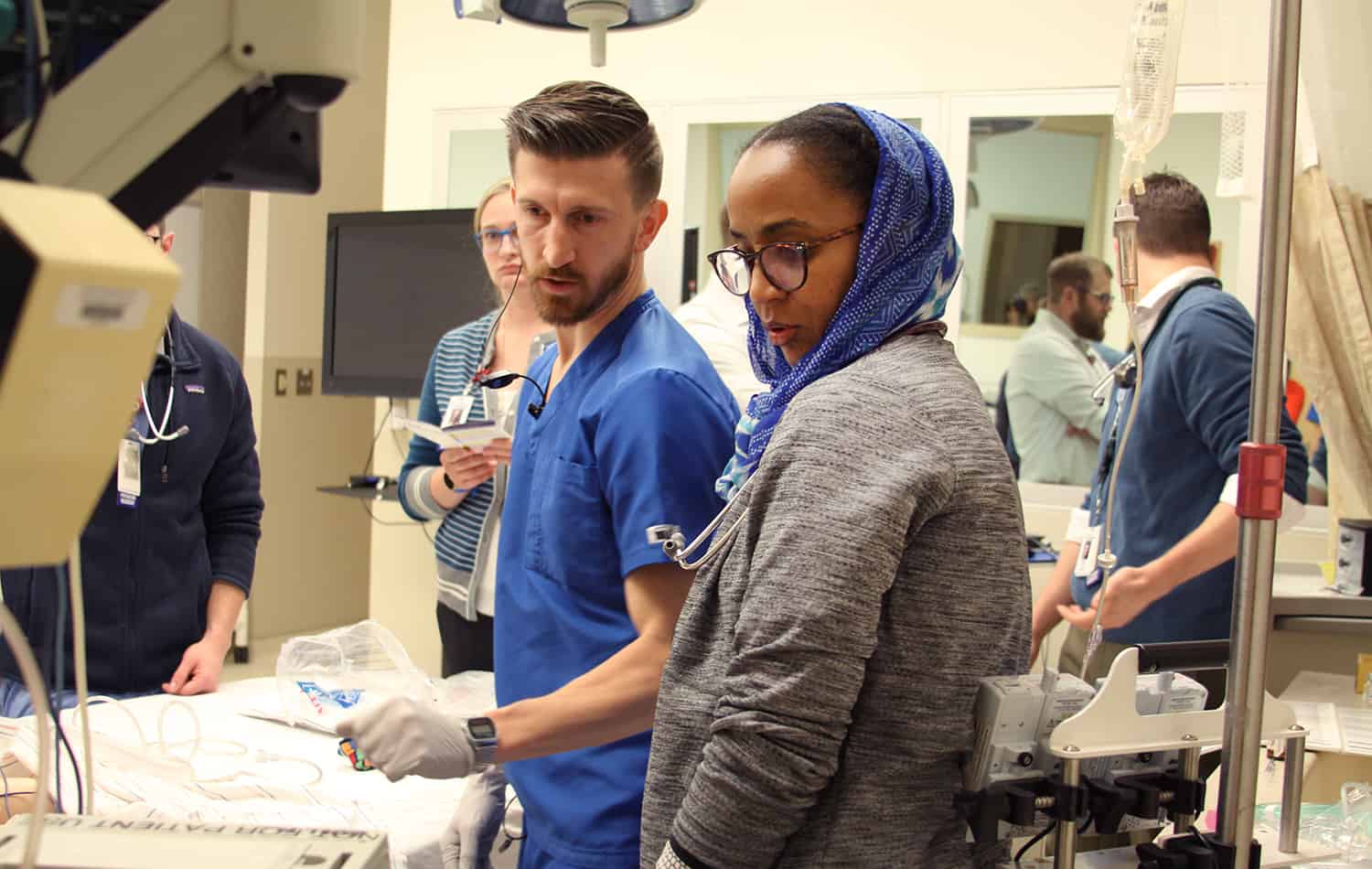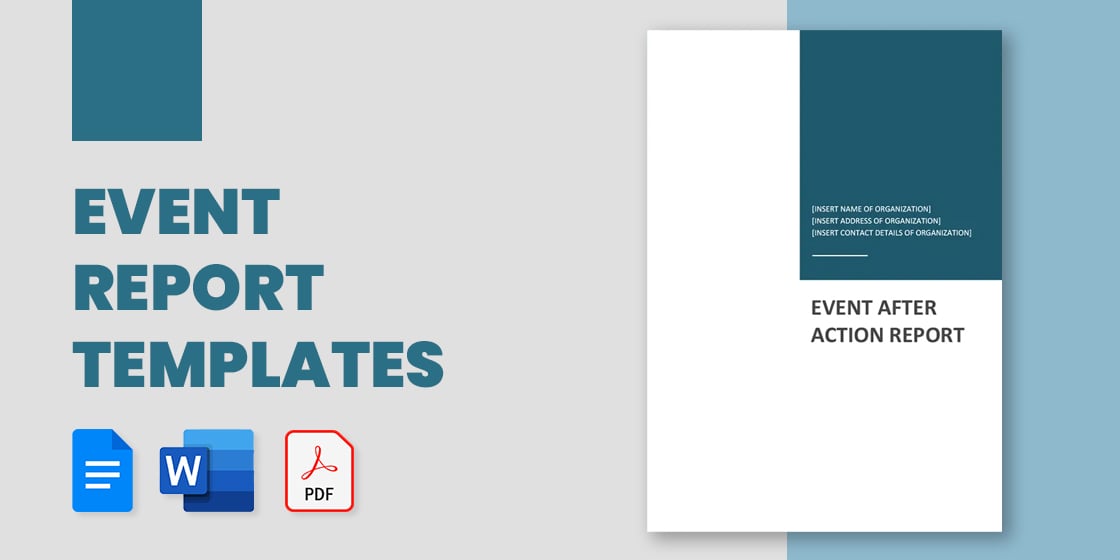Event debriefing is a crucial process that often gets overlooked in event planning, yet it holds the key to improving future events significantly. If you’re wondering how to debrief an event effectively, you’ve come to the right place. In this comprehensive guide, we delve into the art of event debriefing step-by-step, providing you with the tools and insights needed to conduct a thorough post-event analysis. From defining objectives to gathering feedback, analyzing data, and implementing changes, we will walk you through the entire debriefing process. By mastering the art of event debriefing, you’ll not only enhance your event planning skills but also ensure that each event you organize is a resounding success.
Introduction to Event Debriefing
Event debriefing is a crucial process that occurs after an event has concluded. It involves reflecting on the event’s successes, areas for improvement, and key takeaways. By conducting a thorough debrief, event planners can enhance future events and ensure continuous improvement in their event management strategies.
The Purpose of Event Debriefing
Event debriefing serves multiple purposes, including assessing the event’s overall success, identifying what worked well, and pinpointing areas that need refinement. It also allows organizers to gather feedback from participants and stakeholders to understand their perspectives.
Key Aspects of Event Debriefing
During event debriefing, it is essential to review the event objectives, analyze the budget and expenses, evaluate marketing strategies, and assess attendee engagement. By examining these key aspects, organizers can determine the event’s ROI and make informed decisions for future events.

Why Event Debriefing is Important
Event debriefing is crucial for the success and growth of any organization. It provides valuable insights and feedback that can be used to improve future events. By analyzing what went well and what could have been better, organizations can make informed decisions and refine their event strategies.
The Benefits of Event Debriefing
Event debriefing helps in identifying strengths and weaknesses in the event planning and execution process. It allows for the celebration of successes and highlights areas for improvement. This reflective process can lead to enhanced event ROI and participant satisfaction.
How to Debrief an Event
1. Schedule a debriefing meeting with key stakeholders involved in the event.
2. Review event objectives and compare them to the outcomes achieved.
3. Collect feedback from participants, sponsors, and staff members.
4. Analyze data such as attendance rates, engagement metrics, and revenue generated.
5. Create an action plan based on the insights gathered to implement improvements for future events.
Preparation for Event Debriefing
Before diving into the actual event debriefing, it’s crucial to prepare adequately to ensure a productive and insightful session. Here are some key steps to consider:
Setting Clear Objectives
Define the specific goals you aim to achieve through the debriefing process. Whether it’s assessing the event’s success, identifying areas for improvement, or gathering feedback from participants, clarity in objectives is essential.
Consider the overarching question of how to debrief an event to guide the focus of your debriefing session.
Gathering Relevant Data
Compile all relevant data and information pertaining to the event, including attendance numbers, feedback forms, social media engagement metrics, and any other performance indicators. This data will serve as the foundation for your debriefing discussions.
- Collect post-event surveys and testimonials to understand participants’ perspectives.
- Review logistical details such as venue feedback, catering arrangements, and technical setups.
Key Steps in Event Debriefing Process
Event debriefing is a crucial step in ensuring the success of future events. By analyzing what went well and what could be improved, organizers can refine their strategies and deliver even more successful events. Here are some key steps to follow in the event debriefing process:
1. Gather Feedback
Collect feedback from all stakeholders, including attendees, sponsors, vendors, and team members. Use surveys, interviews, and questionnaires to gather comprehensive insights into the event experience.
2. Evaluate Key Metrics
Review quantitative data such as attendance numbers, engagement metrics, and revenue generated. Analyzing key performance indicators will help identify areas of success and areas that need improvement.
3. Identify Strengths and Weaknesses
Assess the strengths of the event, such as popular sessions or engaging activities. Identify weaknesses, such as logistical issues or communication gaps, that impacted the overall experience.
4. Create an Action Plan
Based on the feedback and evaluation, create a detailed action plan outlining specific steps to address weaknesses and build on strengths. Set clear objectives and timelines for implementing changes.
5. Communicate Findings
Share the debrief findings and action plan with all relevant stakeholders. Transparency and communication are key in ensuring that everyone is aligned on the improvements to be made for future events.
6. Implement Changes
Put the action plan into practice by implementing the identified changes and improvements. Monitor progress closely and make adjustments as needed to ensure that the next event is even more successful.

Facilitating a Productive Event Debriefing Session
Event debriefing is a crucial process for evaluating the success of an event and identifying areas for improvement. To conduct a productive event debriefing session, it is important to follow a structured approach that allows for open communication and constructive feedback.
Setting the Stage for Debriefing
Before the debriefing session, ensure that all key stakeholders are present and understand the purpose of the meeting. Encourage participants to share their perspectives and opinions openly.
Create a comfortable and relaxed environment to promote honest discussions and constructive criticism. Emphasize the importance of focusing on facts and observations rather than personal opinions.
Reviewing the Event Objectives
Begin the debriefing session by revisiting the initial objectives and goals of the event. Evaluate the extent to which these objectives were achieved and discuss any deviations from the original plan.
Identify both successes and shortcomings in meeting the event objectives. Encourage participants to provide specific examples and data to support their assessments.
Collecting Feedback and Action Items
Facilitate a structured discussion to collect feedback from participants on various aspects of the event, such as logistics, content, and attendee experience. Use a combination of open-ended questions and surveys to gather comprehensive feedback.
Document key takeaways, lessons learned, and actionable items during the debriefing session. Assign responsibilities and deadlines for implementing changes and improvements based on the feedback received.
Best Practices for Effective Event Debriefing
Event debriefing is a crucial process that allows event organizers to evaluate the success of their events and identify areas for improvement. It helps in learning from past experiences and enhancing future events. Here are some best practices to ensure an effective event debriefing:
1. Establish Clear Objectives
Before conducting the event debriefing, define clear objectives and goals for the process. Outline what you aim to achieve through the debriefing session.
Include topics such as assessing event goals, attendee feedback, logistical challenges, and overall event outcomes.
2. Include Key Stakeholders
Involve key stakeholders such as event planners, vendors, sponsors, and key team members in the debriefing session. Their insights and perspectives can provide valuable feedback for future improvement.
3. Conduct a Comprehensive Review
Review all aspects of the event, including pre-event planning, marketing strategies, on-site execution, attendee engagement, and post-event follow-up. Identify what worked well and what areas need enhancement.
Utilize data analytics tools to gather quantitative feedback on attendee engagement, satisfaction levels, and overall event success.

Utilizing Feedback from Event Debriefing
When it comes to mastering the art of event debriefing, a crucial aspect is utilizing feedback effectively. Feedback gathered from event debriefing sessions can provide valuable insights and opportunities for improvement in future events.
Importance of Feedback Analysis
Analyzing feedback helps in understanding what worked well and what needs improvement. It enables event planners to make data-driven decisions for upcoming events.
Feedback analysis also enhances attendee satisfaction and overall event success.
Implementing Actionable Insights
Once feedback is collected, it is essential to identify actionable insights that can be implemented. This may include adjusting event schedules, modifying activities, or improving communication strategies.
- Implement changes based on feedback (e.g., adjusting seating arrangements, enhancing registration process)
- Set clear goals for implementing feedback-driven improvements
Frequently Asked Questions
-
- What is event debriefing?
- Event debriefing is a process of reviewing and evaluating an event after it has taken place. It involves reflecting on the event’s successes, challenges, and areas for improvement.
-
- Why is event debriefing important?
- Event debriefing is important as it provides valuable insights for future events. It helps in identifying what worked well, what didn’t, and how to enhance the overall event planning and execution process.
-
- What are the steps involved in event debriefing?
- The steps involved in event debriefing typically include setting clear objectives, gathering feedback from stakeholders, analyzing data and metrics, identifying strengths and weaknesses, and developing an action plan for the future.
-
- Who should participate in an event debriefing session?
- Key stakeholders such as event planners, organizers, vendors, sponsors, and volunteers should participate in an event debriefing session to gather diverse perspectives and insights.
-
- How can event debriefing help in improving future events?
- By analyzing past events through debriefing, organizers can learn from mistakes, streamline processes, enhance communication, and ultimately improve the overall experience for both attendees and stakeholders.
Unlocking Event Success Through Strategic Debriefing
As we conclude our comprehensive guide on how to debrief an event, it’s crucial to emphasize the immense value that a well-executed debriefing session can bring to your event planning endeavors. By following the step-by-step process outlined in this blog, you are equipped not only to review the event’s successes and areas for improvement but also to leverage these insights to enhance future events.
Remember, effective event debriefing is a continuous learning process that nurtures growth and fosters excellence. So, embrace this practice as a cornerstone of your event planning toolkit, and watch how it transforms your events into unforgettable experiences for both you and your attendees.



